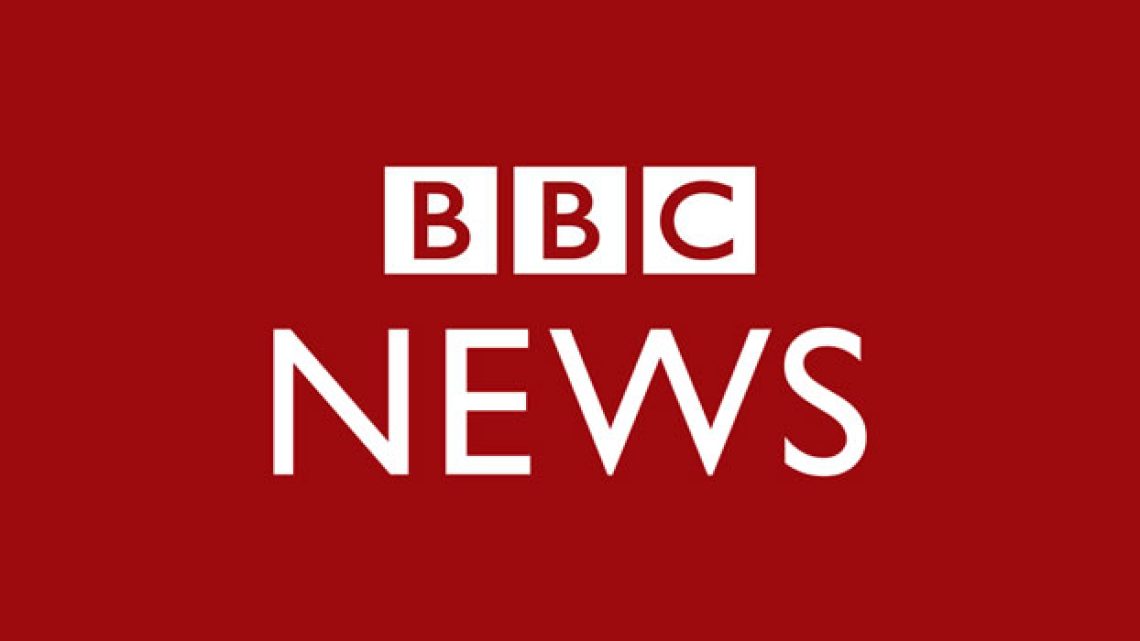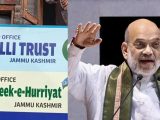
BBC Under Modi Government Siege in India
January 1, 2024In the wake of the release of the critical documentary “India: The Modi Question” by the British Broadcasting Corporation (BBC), shedding light on Indian Prime Minister Narendra Modi’s alleged complicity in the 2002 Gujarat riots, a chilling narrative unfolds. The documentary, aired on January 17, 2023, revealed a hitherto undisclosed investigation report by the UK Foreign Commonwealth and Development Office, explicitly holding Modi “directly responsible” for creating a “climate of impunity” that fueled the violence. However, the Indian government promptly banned the documentary within the country and on social media platforms, marking a blatant attempt to suppress the truth.
The repercussions for the BBC have been severe, with the Indian Income Tax Department launching a relentless campaign of harassment. Raids on the broadcaster’s office premises, ostensibly under the guise of probing tax-related issues, have raised concerns. The Income Tax Department’s claims of a ‘survey’ regarding international taxation and transfer pricing irregularities are dismissed as mere pretexts lacking a solid foundation. This aggressive pursuit is widely seen as a vindictive act against the BBC for exposing Modi’s role in the Gujarat riots, where over 2000 Muslims lost their lives in 2002.
The New York Times, in a February 12, 2023, editorial titled “India’s Proud Tradition of a Free Press is at Risk,” underscores the escalating threats to India’s free press since Modi assumed office in 2014. Journalists, driven by a commitment to truth, face increasing risks to their careers and lives as they report on government actions that seek to remain concealed.
India’s press freedom rankings, according to Reporters Without Borders, have plummeted to 150 out of 180, placing the country among the 30 worst nations surveyed. The alarming trend continues, fueled by the current administration’s attempts to stifle critical voices in the media landscape. The Bharatiya Janata Party’s (BJP) ideology, emphasizing Hindu primacy, has permeated both the justice system and media, providing impunity for supporters to threaten, harass, and attack religious minorities.
As part of the persistent clampdown, the BJP government is fabricating charges of tax evasion against the BBC, conducting investigations and raids through Indian Revenue and Taxation departments. The objective is clear – to make an example of the BBC, deterring other independent and critical news outlets from scrutinizing Modi’s regime. In response, the BBC is restructuring its Indian operations to comply with foreign investment rules, resulting in the departure of four employees who will join the newly formed “Newsroom,” an Indian-owned company.
The situation is critical for the BBC, with over 300 staff and a rich history in India that now hangs perilously in the balance. The assault on media freedom in India poses a significant threat not only to the BBC but to the democratic ideals the nation aspires to uphold.

